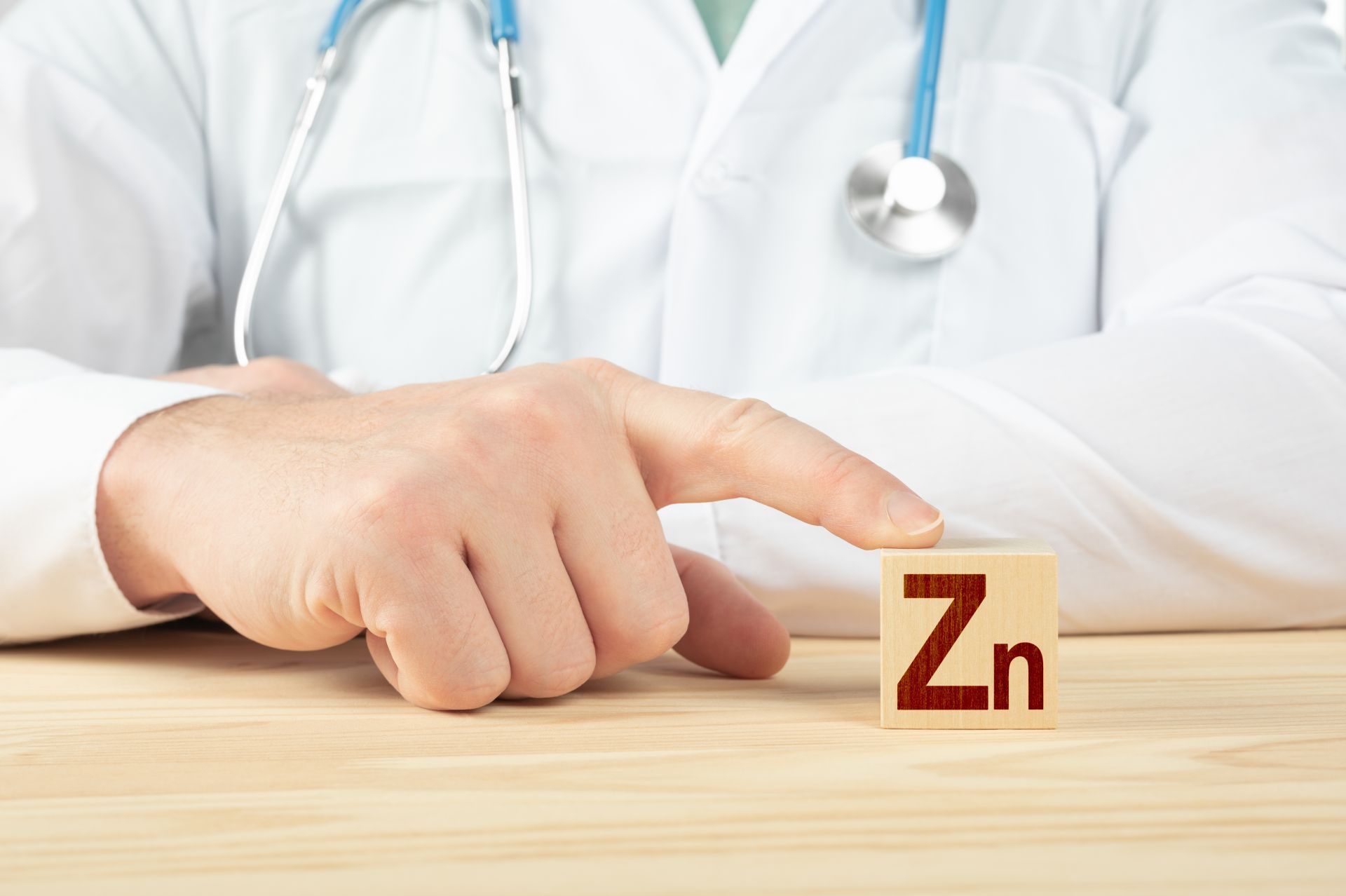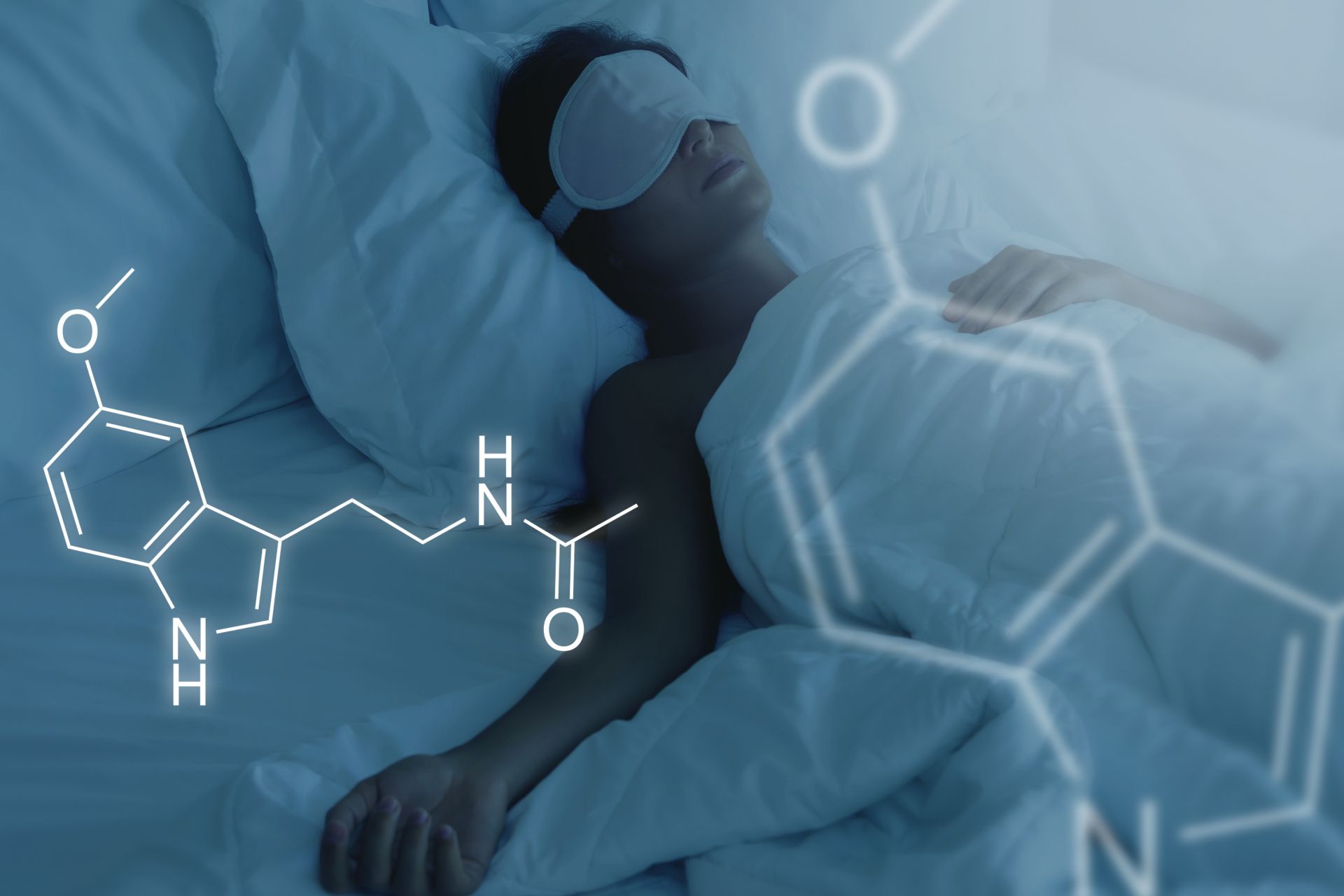Modafinil - an effective nootropic for concentration

Constant fatigue, procrastination, concentration disorders, brain fog. These terms come up far too often in our society. The combination of civilization's brain disruptors and the constant pressure for results leads us to search for a magic pill for energy and intellect. Many people believe that modafinil is just such a pill. Rumor has it that it was its effects that inspired the makers of the film Limitless. If you too are looking for ways to support brain function and improve concentration, be sure to read this article to the end.
- What is modafinil and how does it affect humans?
- Modafinil in medicine
- Off-label use of modafinil as a nootropic
- What are the risks?
What is modafinil and how does it affect humans?
Modafinil is a drug in the eugeroic group. The most common trade name for modafinil is Provigil. Its function is to eliminate feelings of drowsiness and increase overall alertness in a near-natural way, without aggressive stimulation. It is also considered one of the most effective synthetic nootropics. Although it consists of only two substances (it is a racemate consisting of L- and R-modafinil), its mechanisms of action are very complex and include effects on many systems in the brain. Many of them have been tested and described in detail, but it is still not certain that we have learned the entire set of its actions.
The effects of modafinil are the resultant of its effects on, among others:
- hypocretin,
- orexin,
- histamine,
- adrenaline,
- dopamine,
- acetylcholine,
- GABA,
- glutamate.
It is characterized by a long duration of action, as it is up to several hours. This property perfectly suits its applications, as just one serving first thing in the morning is enough to get a stable therapeutic effect for the whole day.
Modafinil in medicine
Officially, modafinil has applications in the treatment of narcolepsy and sleep disorders associated with shift work, and as an adjunctive treatment for obstructive sleep apnea syndrome. Thus, it is used in conditions that cause excessive and even pathological daytime sleepiness, such as uncontrollable falling asleep in situations where this should not happen (during conversation, at work, etc.).
Its very complex mechanism of action strongly distinguishes it from other stimulants, which are mainly focused on enhancing the action of catecholamines. The advantage is that it does not cause euphoric effects and has no recreational potential. It is therefore a valuable tool in the hands of physicians.

Off-label use of modafinil as a nootropic
In addition to the main medical uses that are registered for modafinil, it is sometimes used as a cognitive enhancer, even when there are no problems with pathological daytime sleepiness.
Modafinil off label is used in cases of:
- ADHD/ADD,
- concentration disorders due to various reasons,
- chronic fatigue syndrome,
- sedation after anesthesia,
- as a substitute for cocaine and similar drugs during recovery from addiction,
- as an adjunct to antidepressants for increased energy and motivation.
In practical terms, modafinil (in well-tolerated doses) improves the function of several cognitive domains, including working memory and episodic memory, as well as other processes dependent on prefrontal cortex and cognitive control. Studies show improvements in cognitive abilities even in healthy people without sleep deprivation.
Modafinil is sometimes used on its own as a nootropic by healthy people, without a prescription from a doctor. Although this is not a legally accepted practice, it is very popular among white-collar workers and students around the world. Modafinil is a highly desirable commodity in the gray market of pharmaceuticals. This is not surprising, as it garners very good reviews as a cognitive enhancer, has a relatively safe profile of action and, according to current literature, is not addictive. It is therefore an attractive alternative to more aggressive smart drugs such as Adderall or Medikinet. However, the use of prescription drugs from unreliable sources and without consulting a specialist, always carries some risk.
What are the risks?
The biggest risk is the induction of sleep disorders. The main function of modafinil is to inhibit drowsiness, so when it is taken too late, it can even prevent sleep for several hours. Generally, however, when it is taken at the right time, it should not interfere with sleep architecture.
In addition to potential sleep problems, the most commonly reported side effects are headache, nausea, diarrhea, nervousness, increased anxiety and indigestion.
As a rule, it is a well-tolerated drug, with far less harm and risk of abuse than other stimulants used as smart drugs (amphetamines, methylphenidate, etc.). The risk, however, is that unless it is used for medical purposes on a doctor's recommendation, it is usually obtained from the black market. Then, unfortunately, we can never be sure whether the preparation used actually has in its composition what we expect, and whether the dosage is 100% as declared.
If you are looking for a safe and readily available (over-the-counter) alternative to modafinil, look out for these supplements:
- caffeinewith l-theanine - caffeinated energy without jitters and with better concentration;
- theacrine - long and stable stimulation without building tolerance or side effects;
- huperzine A - improved memory and concentration by raising acetylcholine for several hours;
Sources:
 ⮜ Previous article
⮜ Previous article
Zinc - what is it and what properties does it have?
 Next article ⮞
Next article ⮞